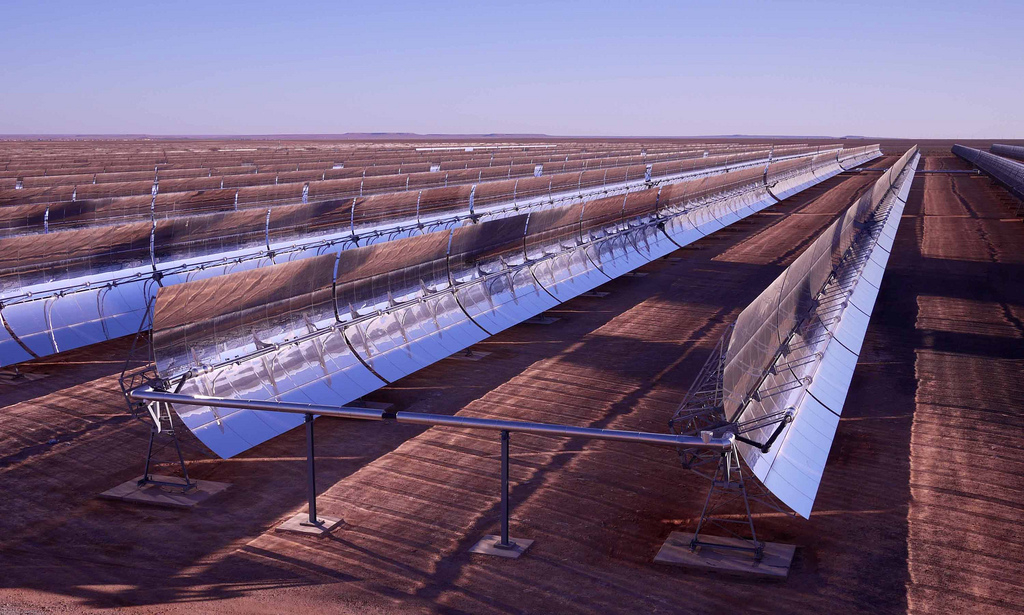
(Photo: Philippe Roos / Flickr)
The mix of energy sources powering our electric grid has changed dramaticallyover the last decade, with coal on the decline, nuclear energy flatlining, natural gas almost doubling, and solar energy growing about 70 times.
To some, this is the market—combined with a handful of government incentives—at work. But if you ask the coal industry and its political backers, it’s a “national security” crisis.
But aside from skirmishes over tax credits for renewables, drastic measures to undo strong market forces weren’t politically feasible—that is, until the Trump administration. From the beginning, the administration has been exploring unprecedented avenues for bailing out coal and nuclear power plants.
The idea first emerged last year, when Energy Secretary Rick Perry directed his staff to examine how “continued regulatory burdens, as well as mandates and tax and subsidy policies, are responsible for forcing the premature retirement of baseload power plants.” The idea was to investigate whether the regulation of coal pollution and the growth of renewables threatened the reliability of the electric grid.
“Baseload” power plants are typically fossil fuel and nuclear facilities capable of generating electricity continuously. Comments Perry made at an industry conference show he had predetermined conclusions in mind for the study. He referred to pollution rules for coal plants as “politically driven policies” motivated by “hostility toward coal” that “threaten the reliability and the stability of the greatest electrical grid in the world.”
At first glance, the premise of the study appears fair—after all, the sun doesn’t shine at night and the wind doesn’t always blow. So when growing numbers of baseload facilities retire, that could hypothetically threaten grid reliability.
…
